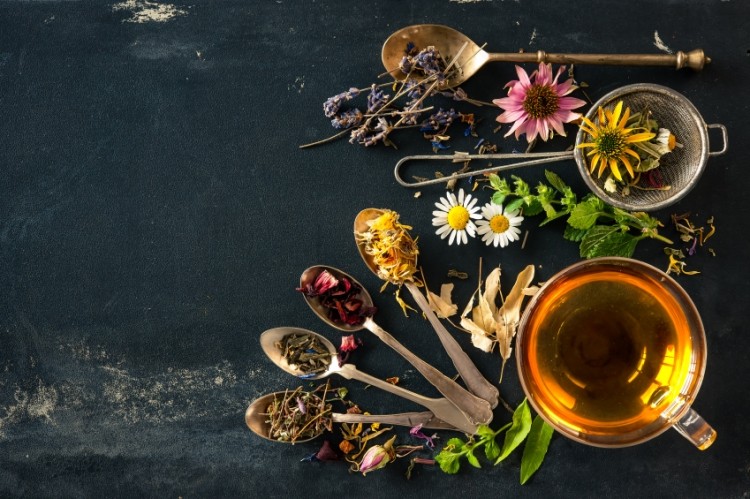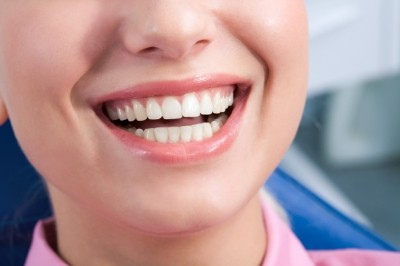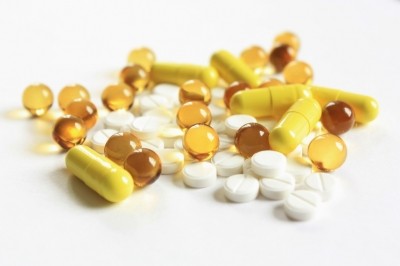FSAI: Black tea consumption not a safety issue in dietary fluoride exposure

Results from The Food Safety Authority of Ireland’s (FSAI) dietary study found no scientific basis to issues warnings of any excess exposure to fluoride from foods and beverages that also includes fluoridated tap water.
"This report serves to provide independent and impartial information on the exposure to fluoride through the Irish diet,” said Dr Pamela Byrne, the FSAI’s CEO.
“It is an important piece of research which also takes into account naturally occurring levels of fluoride in food and beverages we consume in our diets in Ireland.
“This study reaffirms the FSAI’s and its Scientific Committee’s view that exposure to fluoride from the diet for all population groups in Ireland is not of concern.”
Study details
The report details findings looking into the diet and fluoride intake of residents living in Ireland during 2014–2016.
The objective was to evaluate possible risk, if any, to the health of children aged 1–12 years and adults arising from exposure to fluoride from foods and beverages, including fluoridated water.
The research team identified black tea as containing the highest fluoride concentrations found in this study, with levels ranging from 1.7 milligrams per kilogram (mg/kg) to 8.3 mg/kg in tea infusion.
Exposure estimates of black tea, which can contain naturally high levels of fluoride, were based on the mean fluoride concentration in 10 individual brands of black tea (4.8 mg/kg in tea infusion), to reflect long-term exposure, said the FSAI.
“Adults are predominantly exposed to fluoride via consumption of black tea, which constitutes 76% of their total fluoride exposure, with tap water contributing 12%,” said the report.
Mean fluoride exposures in preschool children (1–4 years of age) and children (5–12 years of age) (0.023 and 0.017 mg/kg bw/day, respectively) were much lower than in adults (0.040 mg/kg bw/day), largely due to the higher consumption of black tea in adults.
The mean intakes of fluoride from foods and beverages were below the adequate intake (AI) of 0.05 mg/kg bw/day established by the European Food Safety Authority (EFSA) for caries protection, for all age groups, and particularly for children.
Further results
Further results of the study found fluoride concentrations below 1 mg/kg for other foods with the exception of fish and fishery products (ranging from 0.04 to 5.8 mg/kg) and one nut sample (nuts and seeds ranging from 0.05 to 1.3 mg/kg).
One herbal tea sample was used in the report, prepared using deionised water resulting in a mean fluoride concentration of 1.649mg/kg.
“For exposure purposes, the average fluoride concentration found in tap water (2015–2016 HSE data) was combined with the fluoride concentration determined in the tea sample to reflect exposure to fluoride from herbal tea as consumed (i.e. tea prepared with tap water),” the report explained.
The average fluoride concentration for fluoridated public water supplies in Ireland was 0.65 milligrams per litre (mg/L).
Meanwhile mean dietary exposure to fluoride from infant formula in adults and children was 0.241mg/kg with infant formula (dairy alternatives) at 0.169mg/kg.
“Exposure of infants to fluoride from infant formula reconstituted with fluoridated water has previously been assessed by Anderson et al. (2004), who concluded that there is a very low risk of moderate dental fluorosis of the primary or permanent dentition in infants.
“The FSAI Scientific Committee recently concluded that, at levels of fluoride intake observed in women in this TDS study, exposure to fluoride during foetal development in Ireland is not excessive and does not give rise to moderate or severe fluorosis of primary teeth.”















